MARIUS is 30 years old, lives in QLD and identifies as a person in recovery from BPD.
What was your experience of receiving a diagnosis of BPD?
I was diagnosed with BPD at 21yrs old after struggling with misunderstood mental health issues, trauma and maladaptive coping methods for over 10 years. The diagnosis wasn’t explained to me it was simply written on my discharge summary after my first ever hospital admission with no follow-up support or information provided.
What would you like people newly experienced with BPD to know?
It gets better. Please never stop trying to seek support, it may take time to find effective services, but help is out there, and you deserve it just as much as anyone else.
What did clinicians and mental health professionals do well to support you?
Validating my experiences and helping me to learn the skills needed to safely unpack trauma.
What could clinicians and mental health professionals have done better to help you?
The clinicians I spoke with could have explained the diagnosis, provided information on other services to engage with and offered on-going support. My primary support was a GP, who was not experienced in mental health systems. I had to do my own research and found much inaccurate and stigmatising information. I found DBT and a program that offered it myself after a difficult search. Clinicians and mental health services need to prioritise supporting people effectively in the early days to increase recovery rates and times. Most importantly they need to understand the complex presenting symptoms of BPD and have an empathic approach to support.
What kind of psychological treatments worked well for you?
Dialectical Behaviour Therapy and trauma counselling (after learning DBT skills)!
What other things have supported you to live well?
My dog! She’s not a trained support animal but she (mostly) does the job and is highly intuitive. Walking her as part of my daily routine helps me to live well. As does DBT art therapy group, trauma counselling, spending time with my friends, going to the gym, reading/audible and spending time at the waterfalls.
Do you have any tips or tricks for managing distress or strong emotions you would like to share?
It’s okay to distract yourself! That being said don’t get stuck in living a life of constant distractions. I find self-validation is important for managing strong emotions and distress. Your feelings are always valid. Acknowledge them, write them down in a journal and then go for a walk in the park or down by a river.
What advice would you give to friends/family supporting someone with a diagnosis of BPD?
The fact that you’re reading this is already a good sign! Thanks for being supportive and kind. Please know that your loved one is likely just as confused and nervous for the future as you are. Receiving a diagnosis is beneficial but the real benefit comes from a strong and validating support network. Make sure to care for yourself too, take the time to learn the DBT skills for yourself and build a better life together.
What are a few things you thought you might not have been able to do but you did anyway?!
I recently bought my own home. I overcame my anxieties and travelled solo across the world. I run my own business and am studying to help younger generations better understand and care for their own mental wellbeing. I never thought it possible but here I am!
